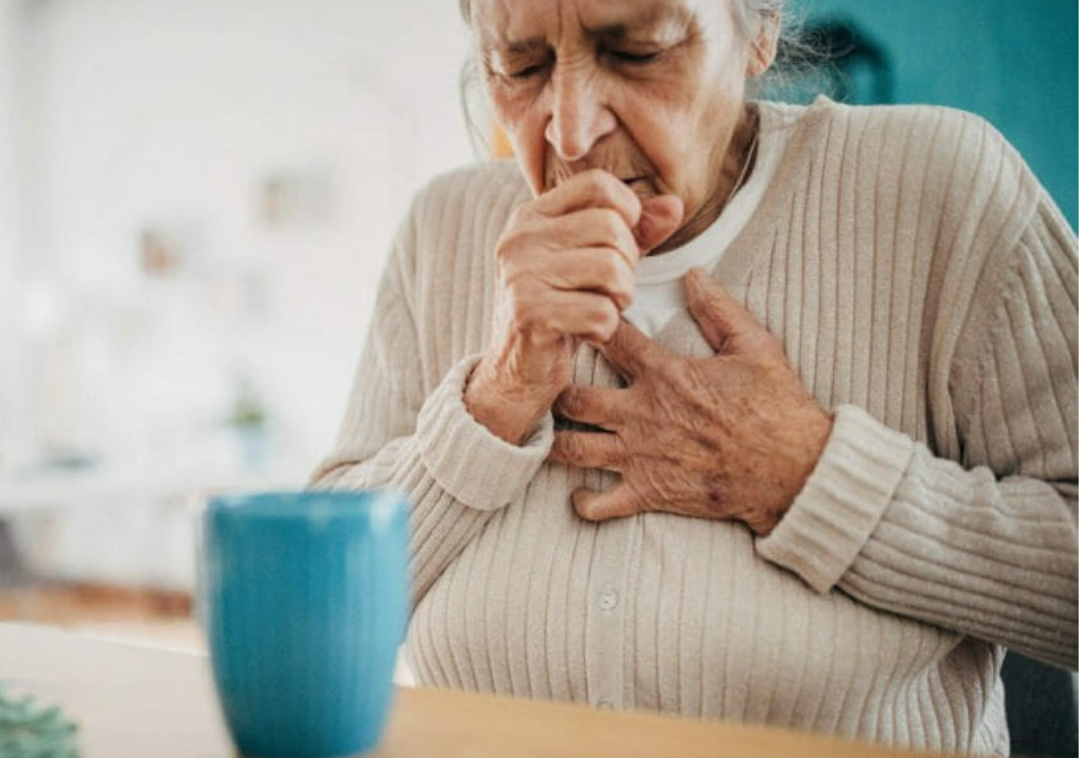New Findings: RSV Poses Greater Risk to Older Adults Than Previously Understood

A landmark study published in the Journal of the American Geriatrics Society reveals that respiratory syncytial virus (RSV) may pose a more serious health threat to older adults than previously recognized—particularly those in long-term and senior care environments.
The multi-season study tracked over 14,000 U.S. adults aged 50 and older across six RSV seasons and found that RSV led to significantly higher hospitalization and mortality rates than earlier estimates suggested. The findings reinforce the need for heightened awareness and proactive prevention strategies in aging populations.
Key Takeaways for Senior Care Providers
- Higher-than-Expected Hospitalization Rates: For adults 65 and older, the RSV-related hospitalization rate was 4.4 per 1,000—substantially higher than prior estimates.
- Comparable Severity to Flu and COVID-19: Among older adults with underlying health risks, RSV led to complications similar to those seen with influenza and COVID-19.
- Impact of Functional Limitations: Residents with moderate-to-severe functional impairments faced much higher risk of pneumonia, respiratory failure, and other serious outcomes.
- Elevated Long-Term Mortality: One-year all-cause mortality among RSV-positive individuals reached 18.6%, highlighting the virus’s lasting impact.
Why It Matters
While RSV has traditionally been viewed as a pediatric concern, this study underscores its potential severity among older adults, especially those in skilled nursing and assisted living communities. The data calls for:
- Stronger respiratory virus surveillance in long-term care;
- Increased access to and education about RSV vaccinations for eligible residents;
- Infection prevention protocols that account for RSV alongside flu and COVID-19;
- Early recognition and intervention for respiratory symptoms.
With newly approved RSV vaccines now available for older adults, senior care leaders have an opportunity to strengthen seasonal immunization efforts and reduce the risk of severe outcomes. The Centers for Disease Control and Prevention (CDC) had recommended the RSV vaccine for all adults 75 and older, and for people 60 and older who have health conditions that increase their risk of severe RSV. In April of 2025, the Advisory Committee on Immunization Practices (ACIP) approved the recommendation that adults 50–59 years of age who are at increased risk of severe RSV disease receive a single dose of RSV vaccine if they have not been previously vaccinated for RSV.
Takeaway: RSV is no longer a silent seasonal threat. Understanding its impact—and acting on that knowledge—is key to protecting the health and well-being of older adults in congregate care settings. As RSV vaccines become more widely available, now is the time to review immunization strategies, reinforce infection control protocols, and educate teams on early detection.
For questions about RSV vaccine access or immunization program support, contact us—we’ve got you covered 24/7/365.